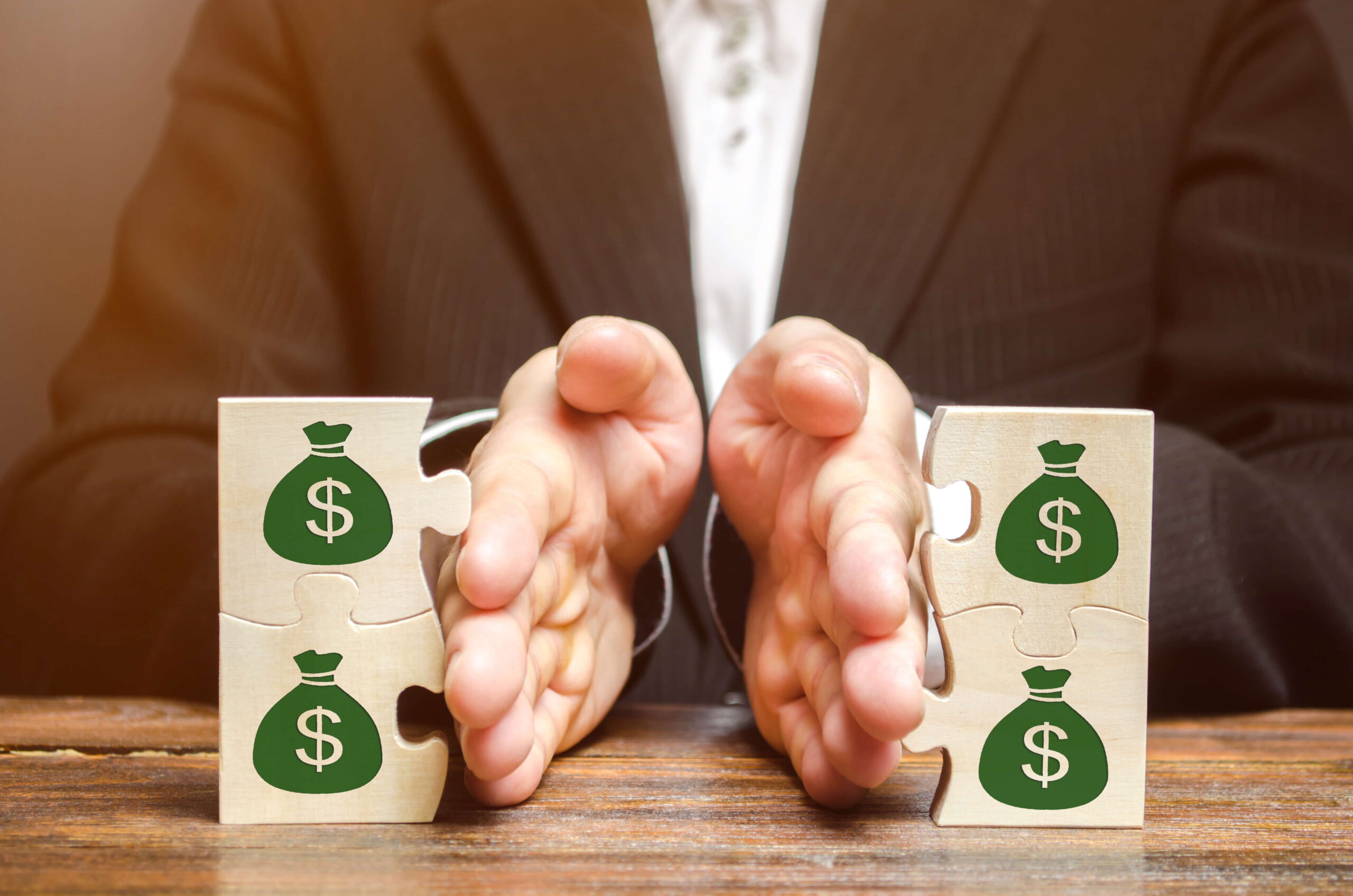Right up there with Mom and Apple Pie, being your own boss, is synonymous with America. There is a romantic notion about owning your own small business. How you will be free, that you can become wealthy. As a former business owner I can tell you that the reality is far from this fantasy. If you plan to own a business be prepared for it to impinge every aspect of your personal life, especially your finances.
Unlike the early 2000’s when ‘liar loans’ led to the Great Recession, banks want to make sure that their loans are secure. That their depositors money is protected, that you are a good credit risk and have assets to use as collateral for the loan. Notice I said ‘you’ and not ‘your business.’ That is because banks don’t make loans to small businesses, they make loans to the owner of that business. The assets they want to secure the loan aren’t that of the business, but of the owner. And that means your house.
The only ‘business’ asset a bank will consider for collateral is real estate. So, unless your business owns its own building or other real estate, your business has literally nothing of value as far as a bank is concerned. You might have machinery, equipment, computer and furniture, but take it from me, that is all worthless. Even your inventory won’t generally be considered an asset. Anyone who has ever closed down a business will tell you that virtually nothing that the business owns will be worth more than a few pennies on the dollar.
I didn’t open a small business, I took over the management of one from my parents and grandparents. Had I not, it would have failed, leaving two generations of my family destitute and homeless. I turned the business around, grew it beyond anything my parents could have imagined. I had opportunities to grow it further, to expand, open new locations, but could never get the funding. One time I did get a “Small Business Administration” loan of $50,000. But it was not a business loan, it was a 2nd mortgage on my house. Every bank I approached demanded that I put up my home as security.
As my business grew I decided to incorporate. This is the process of establishing the business as a legal entity. Many small businesses are either a Sole Proprietorship or General Partnership. This means that anything that happens to the business, such as a lawsuit, can personally affect the owner or partners. Incorporation is meant to establish the business as a legal entity separate from its owners to insulate them. It is also meant to separate the income and taxes. That is the concept, but again, that is not reality.
When I went to lease a larger space for the business I submitted the financial documents for the corporation but they were rejected by the leasing agent. The agent said that the landlord required my personal financial statements and bank records because our business was too small. That if it were a “real” corporation, like a McDonalds or a big chain store, that would be a different story. But for any other small business, even a corporation, the owners of the business had to guarantee the lease personally. Company cars had to be registered in my name. Even ‘business’ credit cards had to be taken out in my name and reported on my personal credit history.
When you own a small business it will impinge every aspect of your personal life, especially your finances. Your personal identity will be inseparable from that of the business. Some might say that would not bother them, and that you’d gladly personally guarantee the financial needs of the company to get it going and make it successful. But what happens when it isn’t?
According to statistics from the Small Business Administration, 20% of new businesses fail within the first year. 50% fail within the first five, and 70% fail within 10 years. That means that fewer than 1 in 3 small businesses survive past 10 years. And this is the time when having the small business can damage the owner. The failure of a business will impact your personal finances for years to come. Late credit cards, unpaid loan amounts, business evictions, all will impact the owners personal credit score. A problem with your credit score could diminish your ability to find jobs in certain career fields such as finance or something requiring a security clearance. You can even lose your house.
As the economy slowed in the late 2000’s I scaled back the company over time, sold off assets, shrunk our leased space, and decreased the staffing. Ultimately turning off the web site and closing it down. I was fortunate in that as the economy turned and my small business started to decline I was able to return to the corporate world. I was also fortunate in that as a result of the Great Recession, a lower credit score wasn’t the black mark it had been previously I spent the last 12 years of my career working for someone else. And my experience as an entrepreneur helped me as a corporate executive.
As someone who has owned a small business my advice to anyone wanting to do the same is: “Don’t.”
